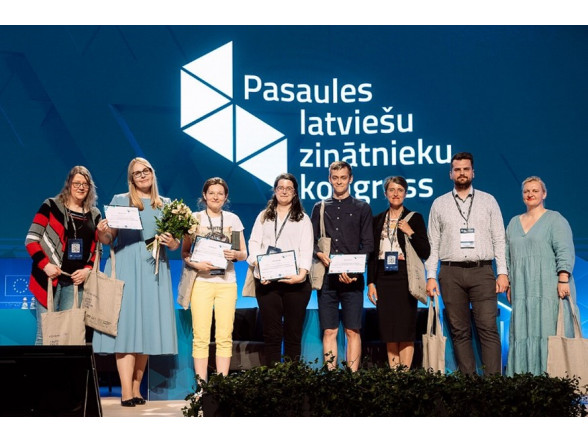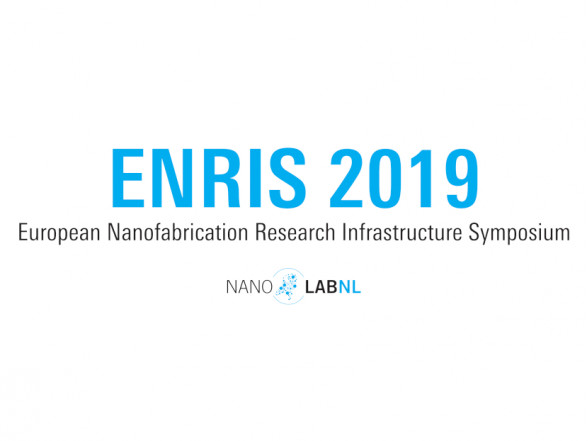On January 16, the National Television (LTV1) program “Rīta Panorāma” (Morning Panorama) broadcasted a story about the ISSP UL leading scientist from the Laboratory of Materials for Energy Harvesting and Storage, Dr.chem. Gunārs Bajārs. Recently, he received the main annual prize of JSC Latvenergo and Latvian Academy of Sciences, named after Professor Alfrēds Vītols, “For outstanding contribution to energetics 2023”, honoring his work in research of materials for electrochemical energy storage in batteries and accumulators.
In a quest to revolutionize battery technology, researcher Gunārs Bajārs has dedicated his life to pioneering advancements in energy storage. Currently stationed at the ISSP UL, Bajārs has been at the forefront of battery research for many years, focusing on enhancing various types of batteries.
Bajārs’ journey into the world of science began in school, where his aptitude for physics and chemistry laid the foundation for his career. After completing his studies, he found his calling at the ISSP UL, delving into battery research.
Andris Šternbergs, deputy director of ISSP UL, describes Bajārs as a cornerstone of the institute, shaping the direction of battery research. Gints Kučinskis, a leading researcher at ISSP UL, commends Bajārs for his kindness and ability to motivate others, highlighting his success in organizing international collaborations.
While briefly serving as Vidzeme University of Applied Sciences’s rector, Bajārs returned to science, refocusing his efforts on lithium-ion battery research upon returning to the ISSP UL. His team aims to enhance these batteries, enabling electric vehicles to cover longer distances with thinner and lighter energy storage units.
Looking even further ahead, the researcher envisions the fifth generation of batteries – lithium-air batteries with a staggering ten times the capacity. The institute is also exploring the potential of sodium-ion batteries, recognizing their cost-effectiveness and accessibility compared to lithium-ion batteries. Although heavier than lithium, sodium batteries may find a niche as efficient energy storage solutions.
Bajārs sees sodium batteries playing a crucial role in storing energy generated from renewable sources such as solar panels and wind generators. He emphasizes the importance of these batteries for storing energy during low sunlight or wind periods, making them an invaluable component of sustainable energy systems.
As the ISSP UL leads these ambitious projects, there is a collective acknowledgement that there is still much research ahead to unlock the full potential of new and more efficient batteries, paving the way for a sustainable and energy-efficient future.
News article and “Rīta Panorāma” video about G. Bajārs in Latvian
Story about ISSP UL’s researchers receiving Annual Prize in Energetics



